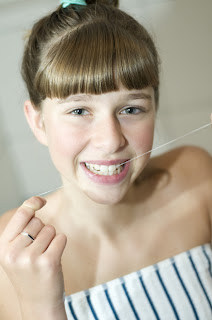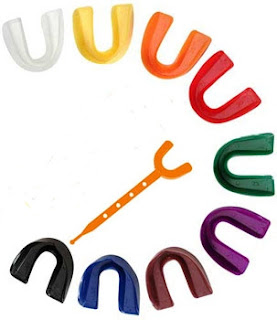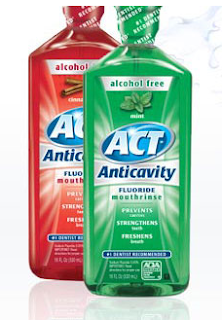
Keeping your teeth clean is more important than ever when you have braces. Food bits have more spots than usual to hide in your mouth, so you must be diligent in order to avoid bad breath, swollen gums, discolored teeth and cavities. If you remove plaque regularly during treatment, you'll experience better results and shorter treatment time.
Keep plaque at bay with these top ten tips: 1.
One tooth at a time. When you brush, take time with each individual tooth – at least 10 seconds each – and pay careful attention to the spots where your teeth touch your braces.
2.
It’s all about the angles. Brush the tops of your teeth and braces with your brush angled down toward where they meet. Brush the bottoms of your teeth and braces with your brush angled up.
3.
The tooth, the whole tooth, nothing but the tooth. While the front surface of your teeth may seem like the most logical to clean, it’s equally important to clean the inner surface of your teeth (tongue side) as well as the chewing surface. And be sure to clean along your gum line – a key spot for plaque buildup.
4.
Step 1: eat, step 2: clean. While you’re in treatment, it’s important to brush after every meal. Bits of food can easily get caught between braces and teeth, and these food bits interact with bacteria in your mouth to cause decay. The longer food is in contact with your teeth, the greater opportunity for plaque to form. If you are eating somewhere that you can’t brush, thoroughly rinse your mouth with water.
5.
Like a Boy Scout, always be prepared. The easiest way to be sure you can brush after every meal is to get in the habit of taking a toothbrush, toothpaste and floss with you wherever you go. Designate a special container just for your teeth-cleaning tools and keep it in your purse, backpack, or laptop case.
6.
Remove the moving parts. If you have elastic bands or headgear, remove these parts before you brush or floss.
7.
Fluoride is your friend. Fluoride helps prevent cavities. Be sure to brush with fluoride toothpaste, and rinse with fluoride mouthwash.
8.
Pointy brushes reach tiny places. Interproximal brushes (sometimes called proxa brushes or interdental brushes) are cone-shaped and come in very handy for reaching spots around your braces that standard brushes can’t.
9.
Find the floss for you. Regular floss works for some patients, but others find it easier to work with a floss threader, which helps you get the floss into tight places. Other patients like an all-in-one product called Superfloss, which comes with a stiff end for easy threading, a spongy section for cleaning wide spaces, and regular floss for narrow spaces.
10.
Make time for the pros. It’s your job to take care of the everyday cleaning. But make sure to visit Drs. Rob and Jerome while in treatment, to get the deep, thorough cleaning that only a professional can provide.
 Many folks in Edmonton consider the beginning of a new year a time to not only reflect on the year that was, but also to set personal goals for the upcoming year. How are you planning to improve your health and happiness in 2012? The team at The Smile Zone recommend that you make a New Year’s resolution to benefit your oral health!
Many folks in Edmonton consider the beginning of a new year a time to not only reflect on the year that was, but also to set personal goals for the upcoming year. How are you planning to improve your health and happiness in 2012? The team at The Smile Zone recommend that you make a New Year’s resolution to benefit your oral health!














































